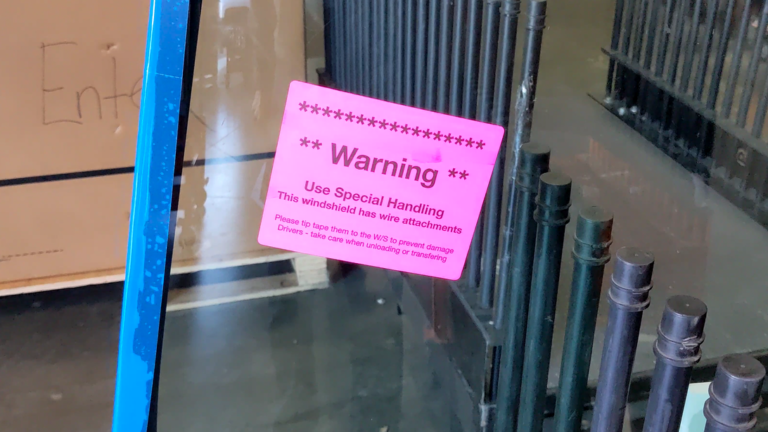The Philosophers for Sustainability group has launched a campaign to get philosophers to pledge to “wherever possible to organize online-accessible research meetings.”
Such meetings may be organized either fully online or using a hybrid (online/in-person) model. In both cases, we will aim to make them accessible remotely by anyone who wishes to take part in them while fulfilling other requisite criteria, e.g. has had their paper accepted for a particular meeting, is a scholar in the relevant disciplines etc. We will offer such online accessibility to both presenters and participating audiences, from the start and for all academic presentations or aspects of the event. In doing so, we will take advantage of the accessibility features the online medium affords, such as closed captions, transcriptions etc. Finally, we will require no justifications or explanations of anyone who expresses their wish to take advantage of such online accessibility, nor will we charge unreasonable fees for their online participation.
Additionally, because there is a value in in-person academic events, we may want to resist contributing to precedent-setting activity that hastens their elimination.
“I don’t get anything extra out of attending conferences in person. The supposed value of entirely in-person events you’re talking about sounds like bullshit.” If this is what you think, then don’t go out of your way to attend entirely-in-person conferences. But do understand that people who are at least as smart and reasonable as you recognize the goods I’m talking about.
While I think making philosophy events accessible by making them at least partially online should be encouraged, ideally there would be a variety of philosophical events, including some that are not online at all, even if they could be.
Let me briefly address a few possible objections:
You can view the pledge and add your name to it here. Thanks to Filippo Contesi (Barcelona) for bringing it to my attention.
The pledge is aimed at making academic philosophy “more sustainable, accessible, and inclusive, both globally and locally.” They elaborate:
Why think it’s valuable that there be some events that aren’t online at all? One might think it’s good if we can:
- avoid the inhibitory gaze of the camera
- minimize the prospects for potentially damaging contextless sharing via recordings
- foster, through physical proximity, mutual attention, trust, and good will (see here)
- encourage attendance at most sessions, and reap the benefits of that shared context in other sessions and discussions during the event
- reduce the ways in which academic speech is monitored and directly mediated by corporations
- arrange situations that make in-person accessibility more likely (having the option to offload accessibility to the internet may decrease conference organizers’ motivation to help resolve in-person accessibility issues for participants)
So what about the pledge? My hope is that a lot of people do sign it, so that it’s more likely that there will be many academic philosophy events that are more easily accessible to more people. Easy accessibility is good. But since it’s not the only thing that’s good, I won’t be signing the pledge, and I hope some other potential conference organizers refrain from doing so, too.


The pledge continues:
“Not all in-person events have the advantages you’ve ascribed to them.” True. Big events (such as the Divisional Meetings of the American Philosophical Association) may not be any worse for becoming more accessible online. My argument is only that, for the types of meetings that would be better in some reasonable ways by not having an online option, it would be good if some of them did not have an online option.
Online accessibility makes it possible to include more fully a host of philosophy stakeholders whose participation is eminently desirable. Among them are low-income, disabled, neurodivergent, international, and migrant philosophers, caregivers, philosophers with dietary restrictions, and students and scholars with limited access to travel funds. Finally, online-accessible meetings make our practices of gathering to discuss academic ideas more sustainable by reducing expensive and environmentally harmful travel.
“There’s nothing in principle impossible about there being events with substantial online components in which we get many of the goods of strictly in-person events.” True again. But I am not talking about what is in principle possible. I am talking about how things are likely to be, given my experiences and my understanding of people, and given how various events are likely to be organized. And online versions of these events are likely to be worse in some important ways. Yes, they will be better in some ways, too. So let’s endorse having a variety of types of events, from the completely in-person to the completely online.
“Some people, through no fault of their own, have neither the funding, time, or ability to attend in-person events. If events have an online option, these events will be more accessible to these people.” This is also true, and counts as a reason to have a lot of events be accessible via online means. But if I’m right about the goods of just-in-person events, we have reason to have some of those, too. My view is that it is good if we have both kinds of events.





